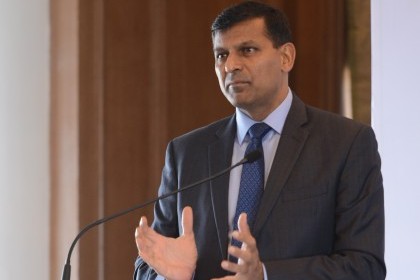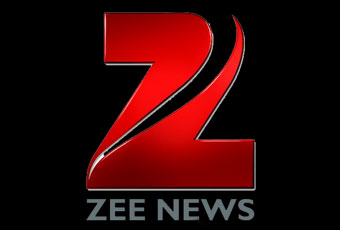Need to make taxes transparent, investment-friendly
The Indian Express wrote an article on RBI Governor Dr. Raghuram Rajan's keynote speech at the Think20 Mumbai meeting hosted by Gateway House and TEPAV on October 19,2015.
 Courtesy: The Indian Express
Courtesy: The Indian Express
The Indian Express wrote an article on RBI Governor Dr. Raghuram Rajan's keynote speech at the Think20 Mumbai meeting hosted by Gateway House and TEPAV on October 19,2015.
The Times of India wrote an article on RBI Governor Dr. Raghuram Rajan's speech from the Think20 meeting in Mumbai hosted by Gateway House and TEPAV on Oct 19th.
 Courtesy:
Courtesy:
Dr. Raghuram Rajan, Governor, Reserve Bank of India, delivered the keynote address at India's first Think20 (T20) meeting organised by Gateway House with TEPAV, on the "Global Economy and Challenges for Multilateral Policies." In his 36-minute speech, he urged emerging markets like India to develop their own capacity to provide new ideas to the global financial system, “hold the pen” that will write a more inclusive agenda, and strengthen global multilateral institutions.
 Courtesy: Russia & India Report
Courtesy: Russia & India Report
A foreign policy conclave hosted by Gateway House in collaboration with The Government Law College, Mumbai was featured in an article in the Russia & India Report. The article is on the BRICS and the future of the New Development Bank, which was also the focus of the first session, titled The New Financial World Order, at Gateway House's foreign policy conclave.
 Courtesy: NitiCentral
Courtesy: NitiCentral
NitiCentral featured an article on RBI Governor Dr. Raghuram Rajan's keynote speech from the Think20 Mumbai meeting hosted by Gateway House and TEPAV on October 19, 2015.
 Courtesy: IIFL
Courtesy: IIFL
India Infoline featured an article on RBI Governor Dr. Raghuram Rajan's keynote speech at the Think20 Mumbai meeting hosted by Gateway House and TEPAV on October 19, 2015.
The Hindu featured an article on RBI Governor Dr. Raghuram Rajan's keynote speech at the Think20 Mumbai meeting hosted by Gateway House and TEPAV on October 19, 2015.
Financial Express wrote an article on RBI Governor Dr. Raghuram Rajan's keynote speech from the Think20 meeting in Mumbai hosted by Gateway House and TEPAV on October 19, 2015.
 Courtesy: Zee News
Courtesy: Zee News
Zee News wrote an article on RBI Governor Dr. Raghuram Rajan's keynote speech at the Think20 Mumbai meeting hosted by Gateway House and TEPAV on October 19, 2015.
 Courtesy: The Express Tribune
Courtesy: The Express Tribune
The Tribune India wrote an article on RBI Governor Dr. Raghuram Rajan's keynote speech at the Think20 Mumbai meeting hosted by Gateway House and TEPAV on October 19, 2015.